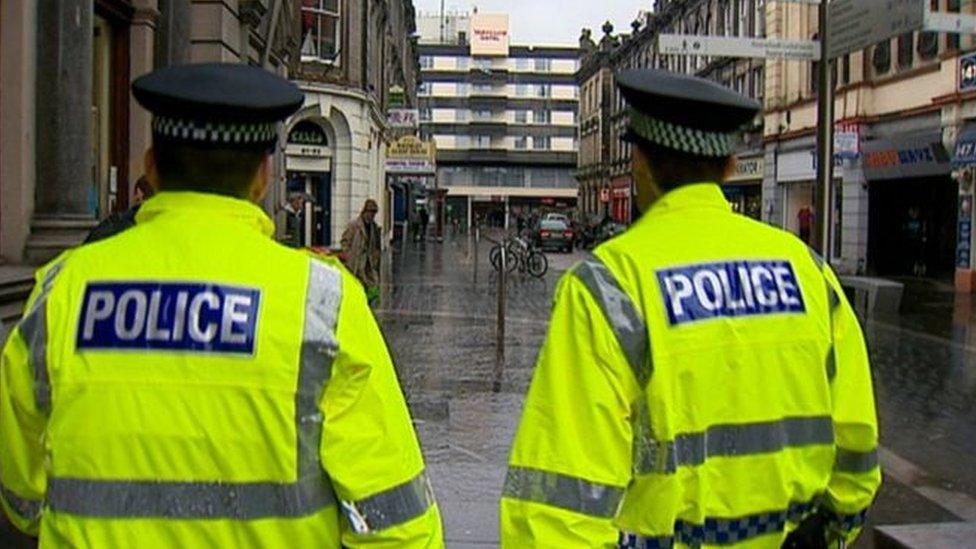Police 'rationing' puts public at risk, warns watchdog
- Published
- comments
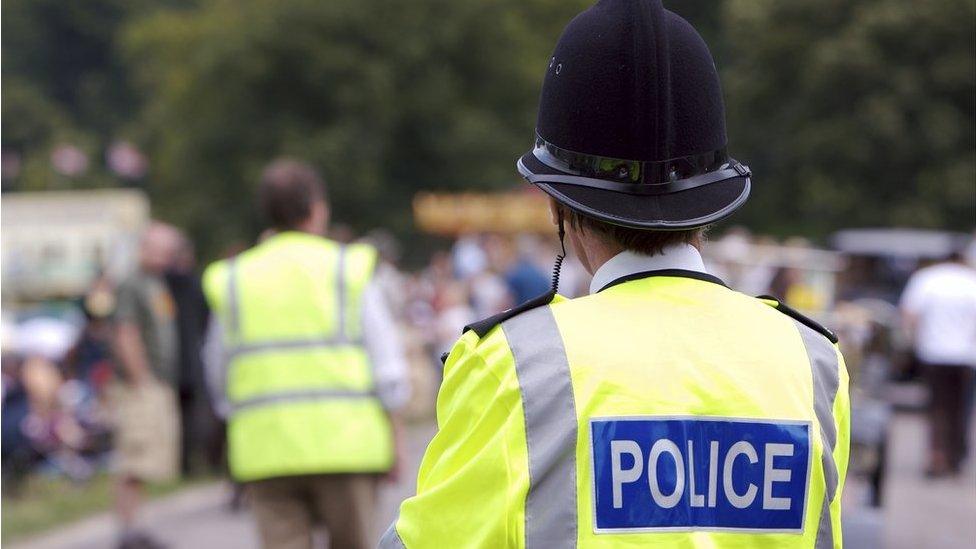
Some police forces are putting the public at risk by rationing their response as they struggle with cutbacks, the police standards watchdog has warned.
Her Majesty's Inspectorate of Constabulary said some forces are "downgrading" 999 calls, in order to justify responding to them more slowly.
HMIC's report, external found that most of the 43 forces in England and Wales were providing a good service.
But that others have let victims down.
The inspectors said there are now too few detectives and in some areas an erosion of neighbourhood policing.
The former chief constable of Greater Manchester Police, Sir Peter Fahy, said that forces will have to do things differently in the future, if the government continues to ask them "to do more with less".
'Perilous state'
In its annual report on forces, the inspectors said officers were arresting fewer people and too many crimes were being shelved without proper investigation.
It found that 67,000 people suspected of crimes were not entered onto the police national computer - so that all forces were made aware of them.
The report highlighted measures some forces had deployed to manage demand - although in each case it was not entirely clear whether they were directly caused by cuts or local management decisions.
HMIC said:
Three forces - Hertfordshire, Humberside and Nottinghamshire - had not been "responding appropriately" to emergency calls during inspections.
If a force reclassified or downgraded a call because of a shortage of officers, it could then justify a slower response time, said the inspectors.
Devon and Cornwall, Hampshire and Sussex had assessed domestic abuse victims over the phone rather than face-to-face.
Other forces appeared to be avoiding classifying violent gangs as organised crime because doing so would stretch resources.
"We are leading to a very serious conclusion regarding the potentially perilous state of British policing," said Zoe Billingham, the lead inspector.
"Over the last few years, HMIC has said consistently that police forces were managing well in increasingly difficult circumstances.
"Nonetheless, today, I'm raising a red flag to warn forces of the consequences of what is, to all intents and purposes, an unconscious form of rationing."

How are forces performing? The HMIC's assessment:
Rated "Outstanding": Durham
Rated "Good": Avon & Somerset, Cambridgeshire, Cheshire, City of London, Cleveland, Cumbria, Derbyshire, Dorset, Essex, Greater Manchester, Gwent, Kent, Lancashire, Lincolnshire, Merseyside, Norfolk, North Wales, North Yorkshire, Northumbria, South Wales, Suffolk, Surrey, Thames Valley, Warwickshire, West Mercia, West Midlands, West Yorkshire and Wiltshire.
Rated "Requires Improvement": Devon & Cornwall, Dyfed-Powys, Gloucestershire, Hampshire, Hertfordshire, Humberside, Leicestershire, Metropolitan Police, Northamptonshire, Nottinghamshire, South Yorkshire, Staffordshire and Sussex
Rated "Inadequate": Bedfordshire

HMIC also warned there was now a "national crisis" caused by a shortage of detectives - with the Metropolitan Police alone short by 700.
One ex-detective has told the Victoria Derbyshire programme why she quit her "dream job".
These shortages had led to excessive workloads and stress for investigators who were sometimes carrying out complex investigations without the right skills and experience.
In one area, inspectors found a uniformed officer carrying out a rape investigation. HMIC has urged police chiefs to come up with a plan by the summer to attract, recruit and train more detectives.
Ms Billingham warned that while neighbourhood teams were the "bedrock of British policing" they were being "chipped away... sometimes by stealth".
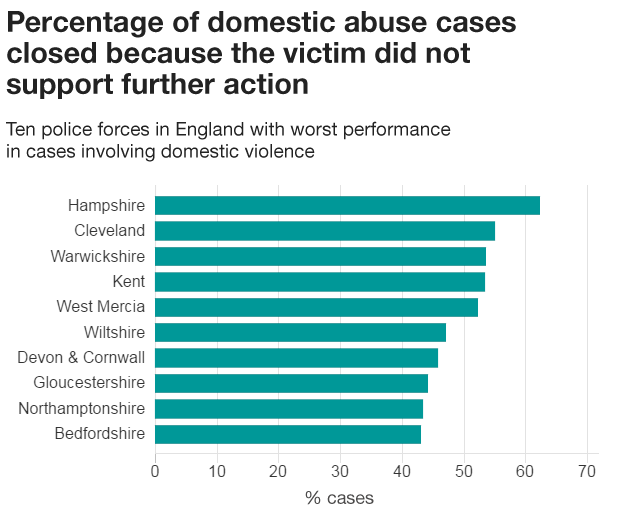
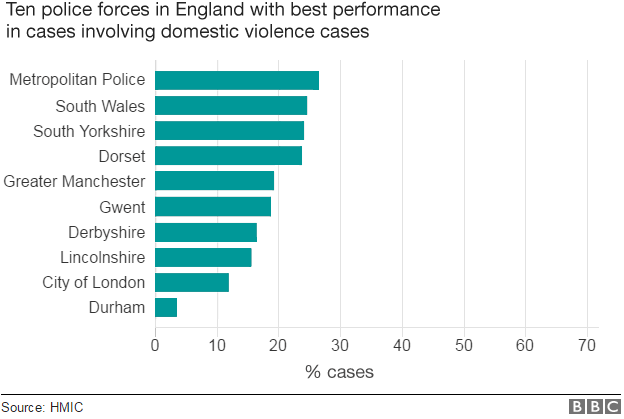
A survey of neighbourhood officers found they were being pulled from local duties at least once a week to supervise the detention or transport of suspects. A fifth of the officers said they could find themselves on other duties three times a week.
One police officer resigned last week after 13 years in the Devon and Cornwall, publishing a damning resignation letter on social media criticising police for "putting their employees last".
Dr Alan Billings, South Yorkshire police and crime commissioner, told BBC Radio 4's Today programme: "I don't think I've ever read a report from the Inspectorate that was quite as sobering as this."
Dr Billings said there was "no doubt" that neighbourhood policing was under pressure, adding: "I think that's true of my own area - because if people are really pressured to answer 999 calls, deal with incidents, they're going to pull officers out of neighbourhood areas."
He said HMIC's report reflects what is happening across the public sector.
"You can't get away from the fact that all of us are now trying to do more and better with less.
"And year on year, we're receiving less funding. Now of course a police force cannot run a deficit - so you have to make the books balance, and that leads sometimes to poor decisions."
'Not simply about money'
Chief Constable Michael Barton of the National Police Chiefs' Council, said budgets had fallen by 22% in five years - leading to a loss of 32,000 officers and staff - at a time when many crimes were changing.
"It's a simple reality that we are required to prioritise more," he said. "Difficult decisions are being made between resourcing neighbourhood teams, response units, specialist investigations and digital and cyber-enabled crime. There are no easy answers."
Ms Billingham said the failings were "not simply about money" because there was a huge variation in results, in particular in how well forces were winning the support of domestic violence victims in how they investigated and concluded cases.
Policing Minister Brandon Lewis said: "This Government has protected police funding, through the 2015 spending review.
"There can be no excuse for any force that fails to deliver on its obligations. Those identified as inadequate or requiring improvement must take HMIC's findings very seriously and I expect to see rapid improvement
But the Police Federation, which represents rank-and-file members, described the report as a "worrying wake-up call".
And Jon Boutcher, chief constable of Bedfordshire, criticised his force's rating as inadequate, saying community policing had to change because of the huge demand for specialist officers to deal with domestic abuse, sexual offences and the rising threat of online-related crimes.
- Published2 March 2017
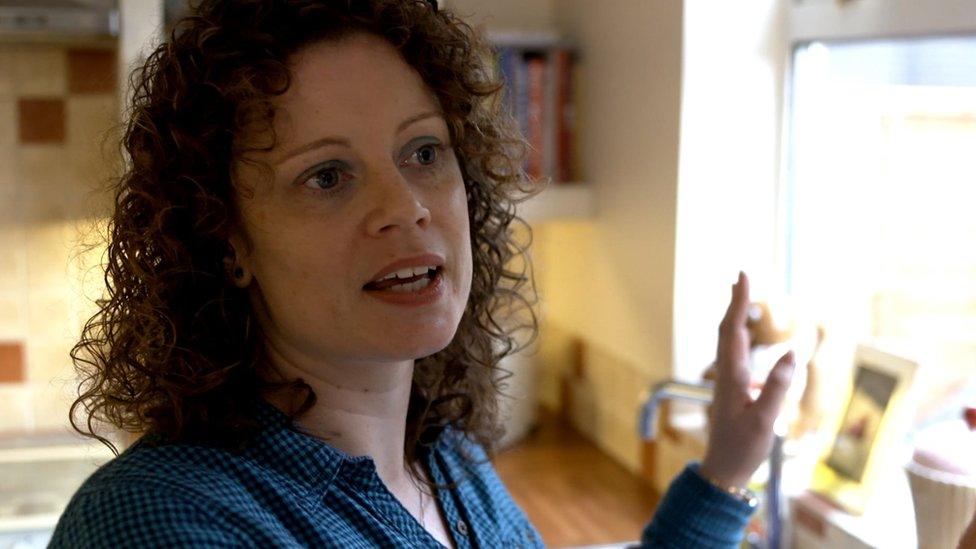
- Published2 March 2017

- Published16 January 2017
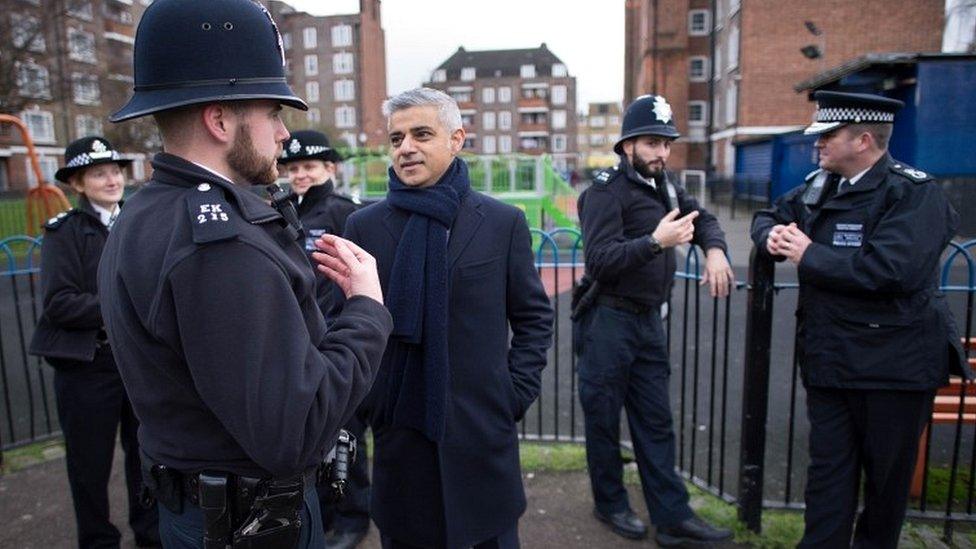
- Published5 February 2017
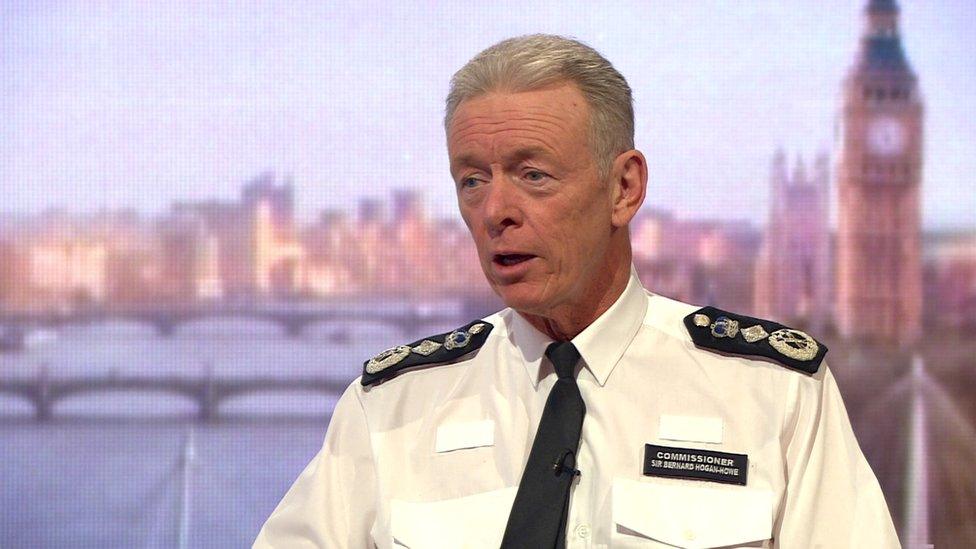
- Published27 February 2017
